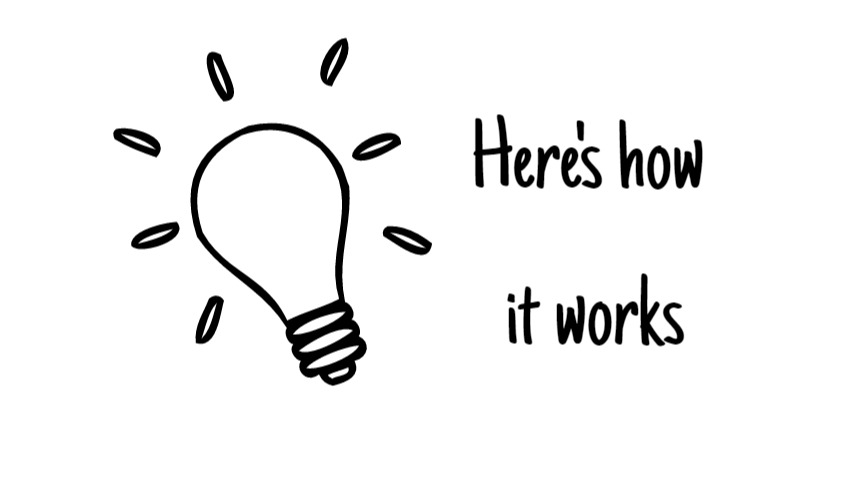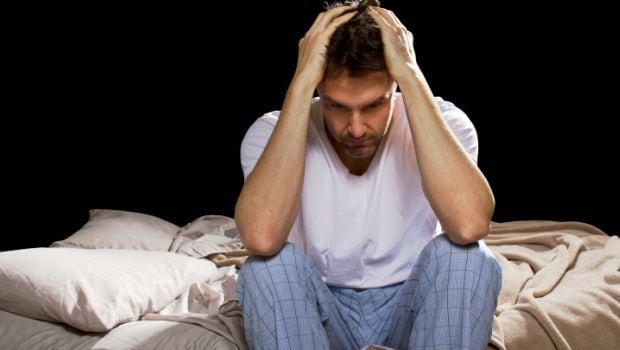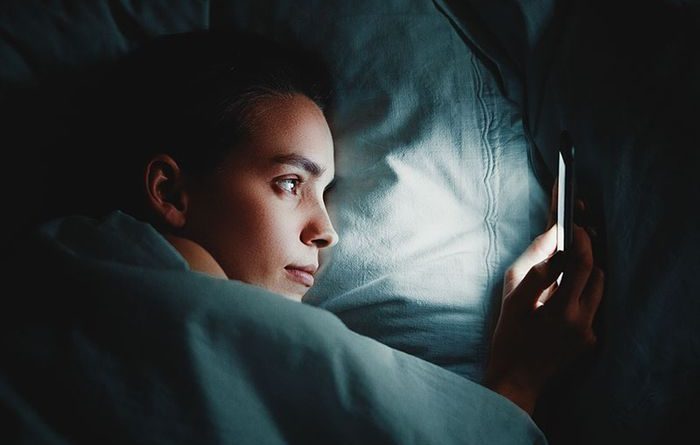Caffeine May Be Wreaking Havoc On Your Sleep Quality
If you regularly consume caffeine in any form, it may be in your best interest to keep track of how it affects your sleep quality. According to recent research, caffeine may be contributing to poor sleep quality and disrupting REM sleep patterns in people who drink caffeinated beverages throughout the day, especially in the afternoon and evening hours when caffeine is believed to be most active in the body. While more research needs to be done on this topic, it might help to reduce or cut out caffeinated beverages if you’re having trouble sleeping due to restlessness or being unable to fall asleep quickly.
Caffeine prevents your body from making the neurotransmitter serotonin

Caffeine may be preventing your body from making the neurotransmitter serotonin, which is important for regulating sleep. Serotonin is made from tryptophan, and caffeine blocks the absorption of tryptophan in the brain. Insomnia and other sleep problems can result from this. Caffeine also interferes with adenosine, a neurotransmitter that promotes sleep. Adenosine levels build up throughout the day, making you feel sleepy. But caffeine prevents adenosine from binding to its receptors, which can make it harder to fall asleep at night. Research has shown that those who drink coffee or tea later in the day experience greater drowsiness during the evening than those who don’t. The amount of caffeine consumed can also affect how quickly someone falls asleep. One study found that if people drank 100mg of caffeine before bedtime they were more likely to report difficulty falling asleep, while those who drank 200mg experienced this problem more often. Some experts believe this could be because 100mg only takes 10 minutes to reach peak blood concentration, whereas 200mg reaches peak blood concentration within 15 minutes- meaning there is more time for stimulation when consuming 200mg of caffeine before bedtime
Here’s how it works

Caffeine works by blocking adenosine, a neurotransmitter that promotes sleep. This action results in increased alertness and wakefulness. Caffeine also increases the release of other neurotransmitters like dopamine and norepinephrine, which can further enhance alertness. Consuming caffeine late in the day can interfere with your body’s natural sleep rhythm and make it harder to fall asleep at night. The half-life of caffeine is about five hours, which means it can stay in your system for up to 10 hours if you consume it late in the day. This can lead to poor sleep quality and quantity, as well as increased fatigue during the day. In addition, excessive caffeine consumption has been linked to symptoms of anxiety and depression. It’s important to be mindful of how much caffeine you are consuming throughout the day so that it doesn’t get in the way of your sleep schedule. If you do drink coffee or tea later in the day, try drinking decaf versions or limiting yourself to just one cup. If you need an afternoon pick me up, opt for foods high in protein and fiber instead of caffeine, such as yogurt or almonds.
This matters for your sleep quality

There’s no one-size-fits-all answer to this question, as the amount of caffeine that affects sleep varies from person to person. However, a good rule of thumb is to consume no more than 400 milligrams per day. That’s about four cups of coffee. If you find that you’re struggling to sleep despite cutting back on caffeine, it may be worth eliminating it from your diet altogether. At the very least, avoid consuming any after 4pm so that it doesn’t affect your sleep quality at night.
A full cup of coffee has between 150 and 200 milligrams of caffeine, so if you have three or four cups per day (plus other sources), you are well over the 400-milligram limit. When assessing how much caffeine is too much for me, I looked at my total intake for two days and calculated whether I had exceeded the recommended daily intake for a woman age (35). The most recent two days showed an average intake of around 240 milligrams per day with peaks reaching 290 milligrams — not yet in excess but I knew there was potential for trouble. So I cut out all sources of caffeine including tea, chocolate, soda and energy drinks. After five days without caffeine, my sleep improved significantly: deeper REM cycles and less time waking up throughout the night.
How do you know if you have enough?
Most people need around eight hours of sleep per night. If you find that you’re struggling to get enough sleep, it may be due to your caffeine intake. Caffeine is a stimulant, and it can stay in your system for up to eight hours. That means if you drink coffee at 3 p.m., you may still have caffeine in your system when it’s time for bed. As a result, it can be difficult to get to sleep and stay asleep. The best way to ensure you’re getting enough sleep is to limit your caffeine intake to earlier in the day. By drinking coffee at 10 a.m., you’ll only have four hours left before bedtime, which will give your body ample time to metabolize the caffeine before trying to sleep. You could also consider having decaf instead of regular, which will reduce your caffeinated intake but won’t affect how quickly or effectively you fall asleep.
The worst thing about caffeine and sleep quality is that they go hand-in-hand; most people drink their first cup in the morning or early afternoon with the intent of using it as an energy boost throughout their day or evening.
What can you do about it?
If you’re struggling to get enough sleep, you might want to consider cutting back on your caffeine intake. Caffeine is a stimulant, so it can prevent you from falling asleep or cause you to wake up during the night. It can also reduce the quality of your sleep, leaving you feeling tired and groggy the next day. If you think caffeine may be affecting your sleep, try eliminating it from your diet for a week or two and see if you notice a difference. You may also want to avoid drinking caffeinated beverages late in the day so that they don’t keep you up at night. The Mayo Clinic recommends limiting caffeine to less than 300 milligrams per day (that’s about three cups of coffee).




